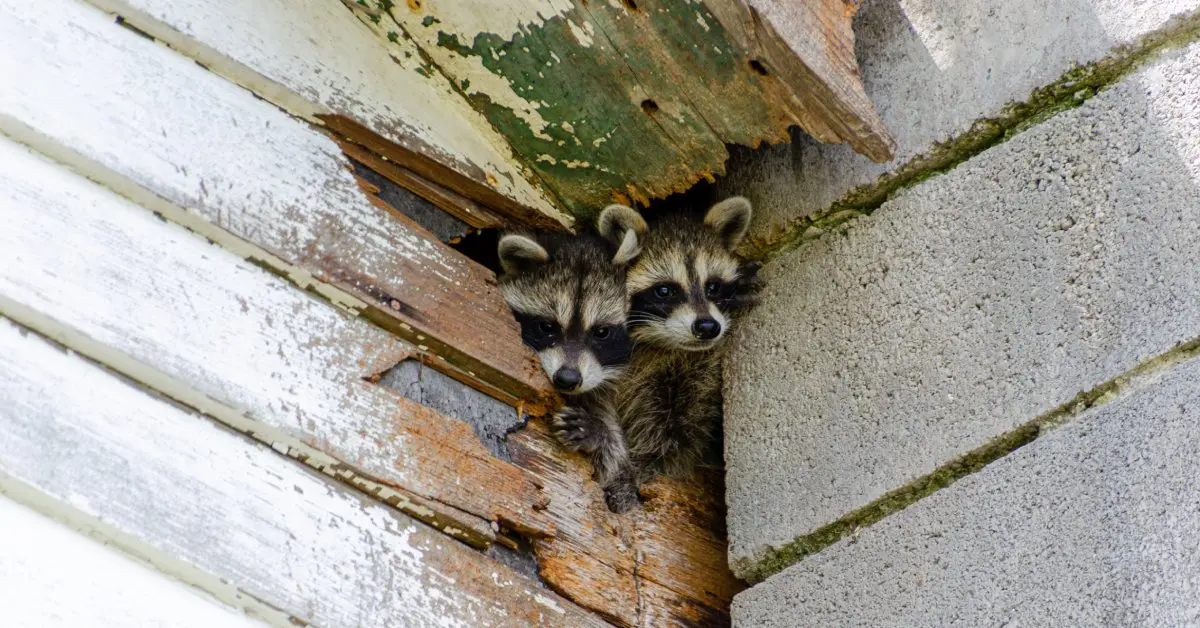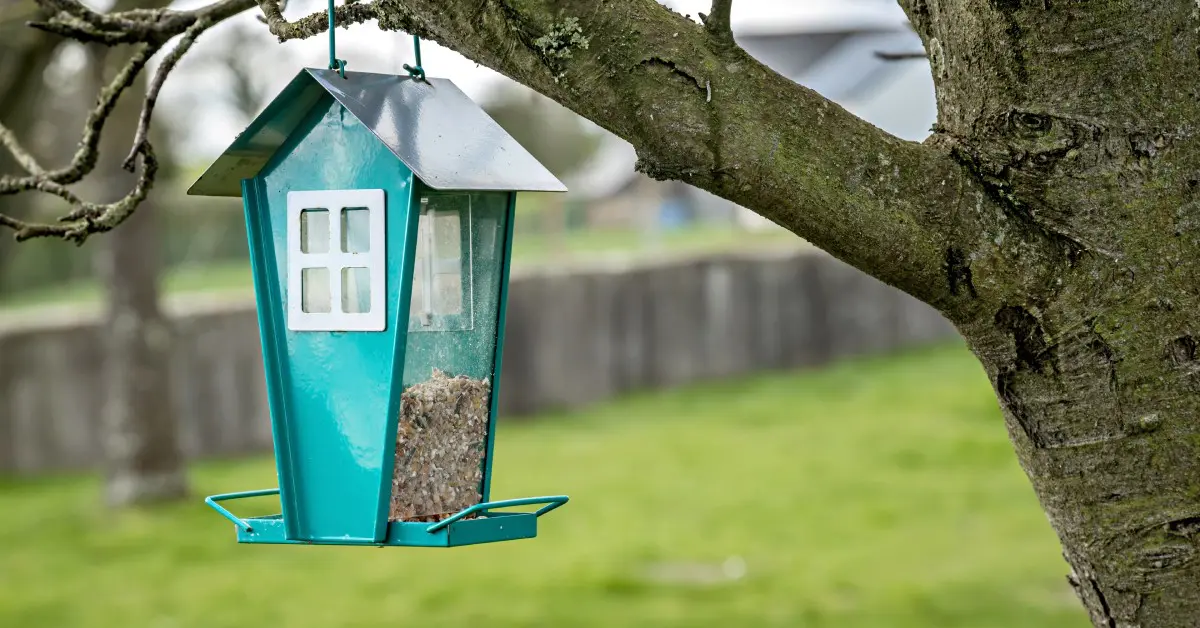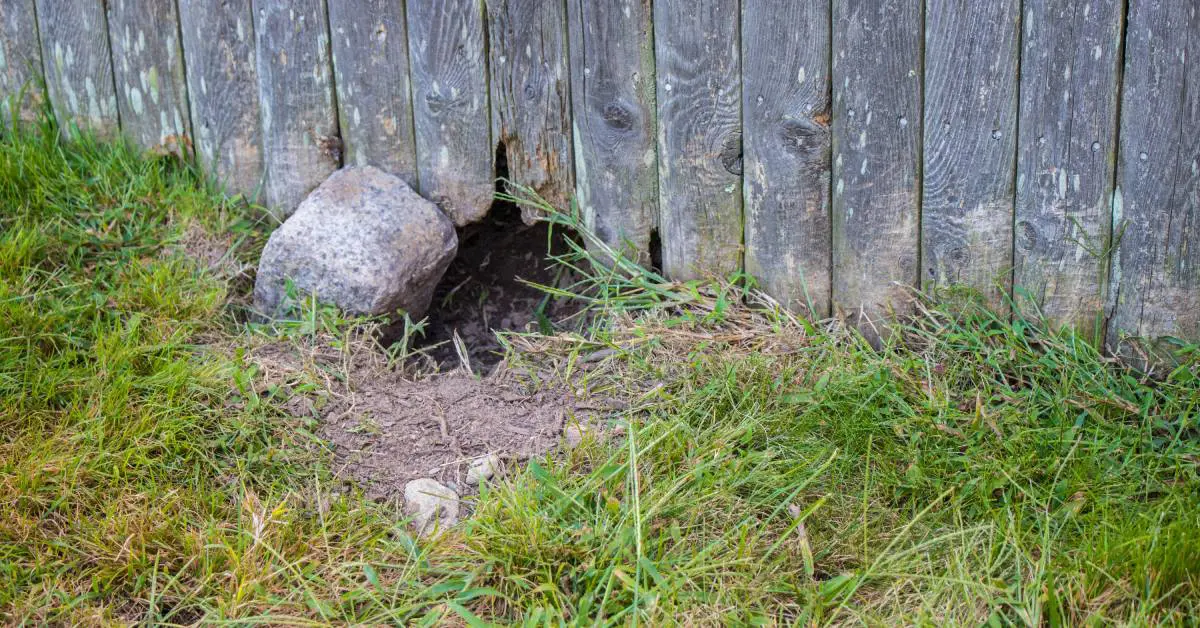
What Attracts Raccoons to Your Property?
Raccoons are clever and adaptable creatures have a knack for finding their way into our homes, gardens, and garbage cans. While they may seem cute and harmless at first glance, they can actually cause significant damage to your property and pose a health risk to you and your family. Understanding what attracts raccoons to your property is crucial to preventing damage and potential health risks.
Food Sources
Like most animals, raccoons are primarily motivated by food. They are opportunistic eaters and will take advantage of any readily available food sources on your property. This means they’ll look for:
- Accessible garbage cans
- Open compost piles
- Pet food
- Fruits and veggies in your garden
Raccoons have dexterous paws that allow them to manipulate and open containers and packaging, making it crucial to secure all potential food sources effectively. Locking garbage cans and storing pet food indoors can help thwart their efforts. Additionally, consider using metal or heavy-duty plastic bins as raccoons can chew through thinner materials.
Shelter
As nocturnal creatures, raccoons prefer dark, secluded areas to rest during the day. They may be attracted to your property if you have spaces that provide shelter, such as sheds, crawl spaces, attics, or even dense foliage. Sealing and securing these areas can prevent raccoons from taking up residence. Regular inspections of potential entry points can help keep these clever animals at bay. Consider trimming overgrown bushes and trees to reduce hiding spots and potential pathways to your home. Repairing any damage to roofing or siding promptly can also help deter raccoon habitation.
Water Sources
Just like humans, raccoons require water for survival. If you have standing water, birdbaths, or leaky pipes on your property, it can attract raccoons looking for a drink. Regularly checking for and repairing leaks, and considering limiting access to birdbaths, can discourage them from visiting. Installing motion-activated sprinklers may also deter them by making the area less appealing. When you implement proper drainage around your home, you can prevent standing water, reducing the likelihood of attracting raccoons.

Bird Feeders
While bird feeders can be a great way to attract a variety of feathered friends to your property, they can also tempt raccoons. Raccoons are skilled climbers and will not hesitate to raid bird feeders for an easy meal. Consider using raccoon-proof bird feeders, placing feeders in areas that are more challenging for raccoons to access, and cleaning up any spilled seeds to minimize attracting them. Hanging feeders from thin wires or poles with baffles can also make it difficult for raccoons to reach them.
Easy Access
Raccoons are highly intelligent and resourceful animals. They will take advantage of any openings or weaknesses in your home’s exterior to gain entry. Regularly inspect your home for potential entry points, such as holes in the roof, gaps in siding, or broken vents, and seal any vulnerabilities. Installing chimney caps and covering attic vents with durable mesh can also prevent unwanted guests. However, be sure to inspect them seasonally, as weather changes can create new vulnerabilities. Using hardware cloth or metal flashing can provide sturdy barriers against raccoons.
Garbage Odors
Raccoons also have an acute sense of smell and can be drawn to the odors emanating from your garbage cans. Make sure to securely fasten lids and clean up any spills or messes around the cans. Consider using raccoon-resistant trash bins with locking mechanisms to further deter them.
Also, regularly cleaning your bins and using odor-neutralizing sprays can help reduce their appeal. Double-bagging waste and avoiding the disposal of particularly aromatic foods can also lessen the likelihood of attracting raccoons.
Fallen Fruits
If you have fruit trees on your property, be sure to regularly pick up any fallen fruits. Raccoons love to feast on fruit and will see your property as an easy food source. Keeping the ground clear of fallen fruit can prevent them from lingering around your yard. In some cases, installing fencing around fruit trees or using netting can provide additional protection.
Pet Waste
Raccoons are highly attracted to the scent of pet waste, which they perceive as a potential food source. Their keen sense of smell can lead them directly to areas where pets frequently relieve themselves. To prevent this, make sure to clean up after your pets regularly and dispose of waste in sealed bags or containers. This simple step can make your yard much less enticing for raccoons.
Garden Pests
Raccoons feast on worms and grubs, making gardens a prime feeding area. They see gardens as a buffet of opportunities, which can lead to significant damage to plants and crops as they dig and forage for a meal. To protect your garden, consider using fencing or barriers to shield vulnerable plants. Additionally, employing natural pest control methods can effectively reduce the presence of pests that attract raccoons, helping to keep both your plants and produce safe.

Openings in Fences or Walls
Raccoons are exceptional climbers and diggers, making it easy for them to access your property through even the smallest holes or gaps in fences or walls. To stop them be sure to carry out timely repairs to fix any vulnerabilities in your fence and walls. Installing a fence with a top extension angled outward can also help keep raccoons out of your garden or backyard.
Curiosity
Raccoons are naturally curious creatures, driven by their instinct to explore and investigate their surroundings. This curiosity often leads them to stumble upon residential properties while they roam. Their inquisitive nature means they are likely to investigate new scents or sounds, which can draw them closer to you and your home. Reducing noise and light pollution around your property can make it a less inviting target for them, encouraging raccoons to continue their search elsewhere.
Previous Infestations
If your property has experienced a raccoon infestation in the past, there is a higher likelihood of their return, as raccoons are creatures of habit and can easily form routines. To mitigate this risk, implementing preventive measures, such as securing food sources, sealing entry points, and maintaining a clean yard is essential. Additionally, working with a professional wildlife control service can help reduce the chance of raccoons coming back, helping you keep your property free of this pest.
While raccoons can be a nuisance and even a danger to your property, there are steps you can take to make your property less attractive to them. If you do encounter raccoons on your property, contact a professional wildlife removal service, such as Legacy Rodent Control, for assistance. Our raccoon exterminators can help keep your property rodent-free!
